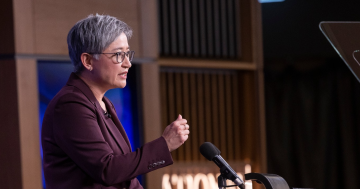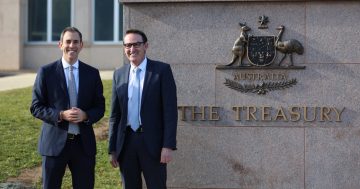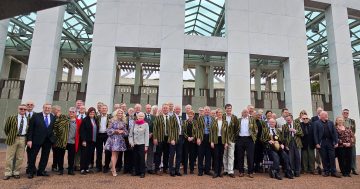 The United States Government has eased sanctions imposed on Afghanistan after the Taliban takeover, allowing its officials to deal in certain cases with their counterparts in Kabul, even if the Ministries in question are led by Taliban Ministers.
The United States Government has eased sanctions imposed on Afghanistan after the Taliban takeover, allowing its officials to deal in certain cases with their counterparts in Kabul, even if the Ministries in question are led by Taliban Ministers.
The measure, known as a General License and announced by the Treasury Department’s Office of Foreign Assets Control, allows people to lawfully transfer money to Public Servants in Government Agencies.
The move covers transactions like taxes, fees, import duties and the purchase or receipt of permits, licenses or public utility services.
Deputy Treasury Secretary, Wally Adeyemo said the move was part of a larger effort to facilitate commercial and financial activity that could allow the Afghan economy to function without directly benefiting Islamist extremists.
“In light of this dire crisis, it is essential that we address concerns that sanctions inhibit commercial and financial activity while we continue to deny financial resources to the Taliban, the Haqqani Network and other malign actors,” Mr Adeyemo said.
The measure appears to be aimed at making it harder to blame the United States Government’s sanctions for the unfolding humanitarian crisis, including widespread starvation.
A senior Government official, speaking on the condition of anonymity in a background briefing, said many other factors were contributing to the economic collapse in Afghanistan.
These included the abrupt end to huge amounts of Western foreign aid that had paid for Public Service salaries and infrastructure projects, as well as the exodus of specialist bureaucrats after the Taliban swept into control.
The Afghan Central Bank, the DAB, is among the governing institutions that are to face fewer obstacles under the measure.
Many officials from the bank fled in August, but in the briefing, the senior US official said the Government had been exploring ideas for restarting some normal Central Bank activities if the bank could be made truly independent, with controls to prevent money laundering and third-party monitoring.
The official said much of what could be done was in the hands of the Taliban.
Washington, 28 February 2022










